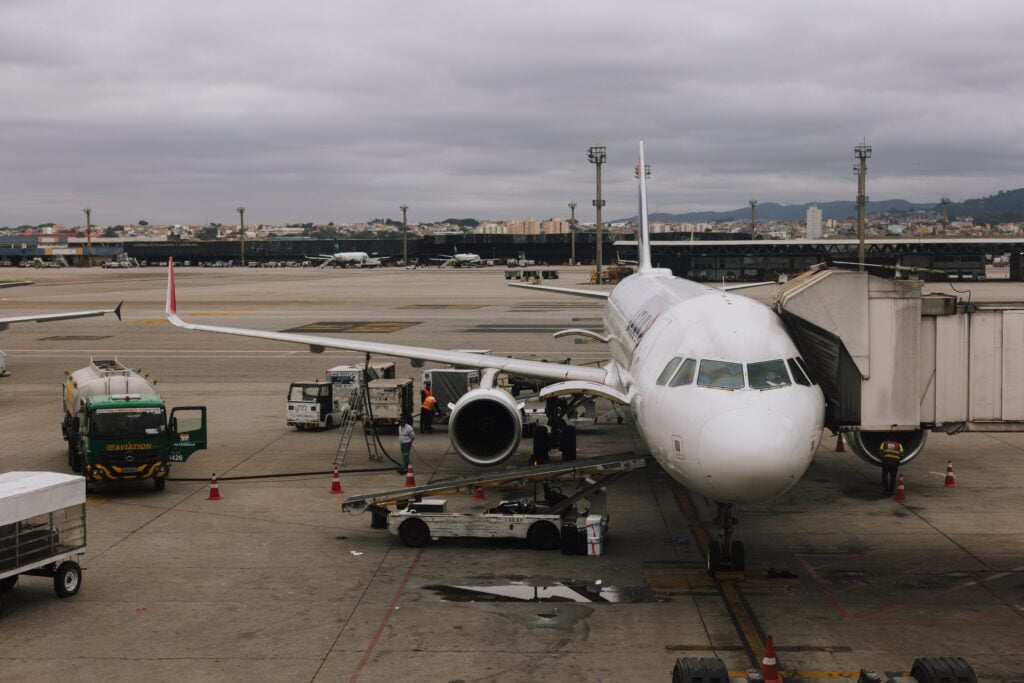
UK Aviation Company Unveils Revolutionary Jet Fuel Made from Human Waste, Promising Sustainable Future for Air Travel
In a groundbreaking development, a UK-based aviation company has successfully produced jet fuel using human poop, according to an insightful article by Finshots . The report delves into the environmental implications and sustainability aspects of this innovative fuel source.
Planes have long been criticized for their significant carbon footprint, emitting around 20 times more CO2 per passenger/km than trains and four times more than buses. With aviation contributing approximately 4% of human-induced global warming, there has been an urgent need for sustainable alternatives. Sustainable Aviation Fuel (SAF) has emerged as a potential solution, being a renewable alternative to traditional jet fuels derived from crude oil or refined petroleum.
The recent study conducted by Firefly Green Fuels, a leading UK-based aviation company, reveals that jet fuel made entirely from human sewage boasts a staggering 90% lower carbon footprint compared to conventional fossil fuel-based jet fuel. Independent tests by international aviation regulators further confirm the waste-based fuel’s similarity to standard jet fuel, with the sewage solids undergoing chemical treatment to yield pure kerosene.
Despite the promising prospects, the production of SAF is not without its challenges. One major concern is the extensive land requirements for growing food crops dedicated to fuel production, leading to mass deforestation and potential displacement of biodiversity and indigenous communities worldwide. Additionally, the cost of SAF remains a significant hurdle, with current estimates suggesting it could be two to four times more expensive than traditional jet fuel until production scales up.
A report by Bain & Company highlights that a substantial investment, approximately $2 trillion, is needed for the global aviation industry to achieve near-zero emissions by 2050. This financial commitment is crucial for building the necessary infrastructure, including refineries that will facilitate the production of Sustainable Aviation Fuel.
As the world grapples with the urgency of climate change, this innovative approach to aviation fuel offers a glimmer of hope for a more sustainable and eco-friendly future in air travel. The aviation industry’s commitment to overcoming challenges and embracing groundbreaking solutions is essential in the global effort to reduce carbon emissions and combat climate change.
2 thoughts on “Poop to Power: The Future of Jet Fuel – Is it Sustainable?”